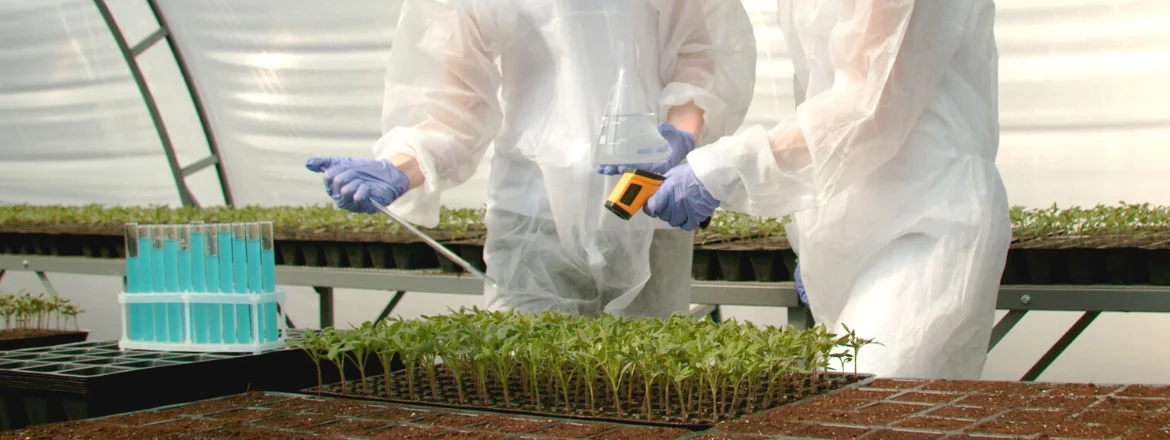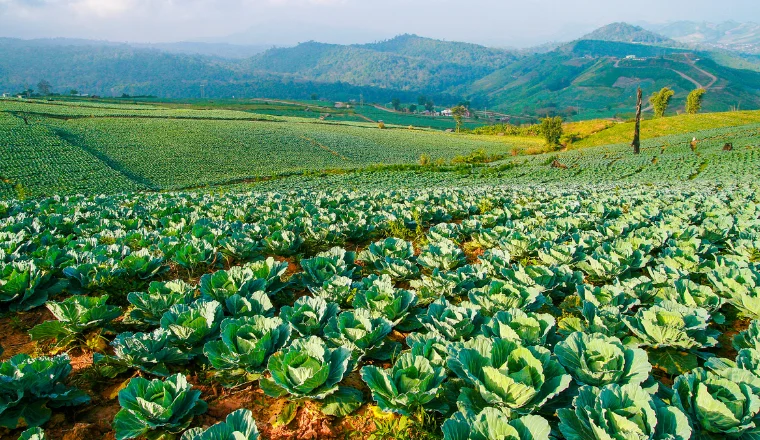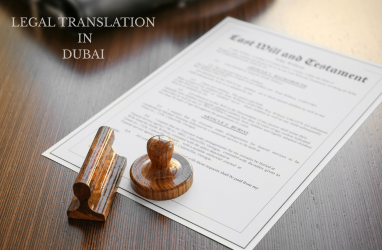Laws and Regulations That Govern Plant Varieties in the Middle East
The Middle East's plant protection is governed by the World Trade Organization (WTO) and the Agreement on Trade-Related Aspects of Intellectual Property Rights (TRIPS).
Furthermore, these rules complement approved biodiversity and environmental-related international accords such as the Convention on Biological Diversity and the International Treaty on Plant Genetic Resources for Food and Agriculture.
Plant varieties and plant breeders are so protected in participating Middle Eastern nations under numerous agreements and treaties.
Protection of New Plant Varieties in the Middle East
To date, only Jordan, Egypt, and Oman are members of the International Convention for the Protection of New Varieties of Plants. In addition, across the Middle East and North Africa region (MENA), new plant varieties can only be submitted for recognition in Egypt, Jordan, Morocco, Saudi Arabia, and Tunisia. However, each country has a different list of approved plant varieties for approval.
Eligibility for new plant variety protection depends on the following factors:
- The new plant variety must not have been sold or transferred to third parties by the breeders in accordance with the stated duration in the country of application.
- The new plant variety must be unique and distinct in comparison to similar varieties.
- The new plant variety must be homogeneous and uniform in its basic traits.
- The new plant variety must be stable even after repeated reproduction.
- The new plant variety must be harmless to both health and the environment.
- The new plant variety must not violate any laws in the country of origin and registration country.
In most cases, protection duration is similar in duration to the protection of industrial patent laws. That is, the protection duration ranges from 20 to 25 years for plants, shrubs, and trees respectively. Also, plant variety protection covers plant varieties that are registered for the duration covering transfer rights, procedures, remedies, and varying scope.
Who can register a new plant variety?
- The plant breeder.
- Anyone involved in the development of the new variety as a collaborator, provided all participants are in agreement.
- In the case of two separate identical applications, the first application takes precedent.
- The employer, if the breeder acted under an employment contract.
Conclusion
Finally, a recent study revealed that existing plant varieties in the Middle East are disappearing at an alarming rate.
"Plant numbers have dipped dramatically in the last few years, and even those species we thought were abundant and safe now face an imminent threat of extinction," said Dr. Craig Hilton-Taylor, head of Red List Unit at International Union for Conservation of Nature (IUCN).
In light of this, the IUCN created a red list of plants that are in danger of extinction in the Middle East. While climate change naysayers claim temperature changes due to global warming are negligible, the difference, however, has been devastating to some plant populations.
Thus, there is an urgent need to not only discover new stronger plant varieties but also find ways to perverse existing ones.
If you would like to apply for a patent or learn more about your intellectual property right please contact us, we would be happy to help.
Frequently Asked Questions
What is Plant Variety Protection (PVP)?
Plant Variety Protection, also known as Breeder’s Rights, refers to the intellectual rights given to plant breeders. These rights cover the protection of new plant varieties concerning the use of the protected plant varieties.
What is the role of intellectual property laws in plant breeding?
Intellectual property laws, such as patents, trademarks, and industrial designs, encourage the breeding and discovery of new plant varieties by establishing ownership rights for plant breeders.
Why is Plant Variety Protection important in the Middle East?
Plant Variety Protection is crucial in the Middle East due to the region's interest in agriculture, changing climate conditions, and the need for food security. Encouraging plant breeding can address vulnerability to imports.
Which countries in the Middle East are members of the International Convention for the Protection of New Varieties of Plants (UPOV)?
Jordan, Egypt, and Oman are the only Middle Eastern countries that are members of the International Convention for the Protection of New Varieties of Plants (UPOV).
What factors determine eligibility for new plant variety protection?
Eligibility for new plant variety protection depends on factors such as uniqueness, distinctness, homogeneity, stability, environmental safety, adherence to laws, and non-transfer to third parties.
How long does plant variety protection last?
The duration of plant variety protection typically ranges from 20 to 25 years for plants, shrubs, and trees, respectively. This covers transfer rights, procedures, remedies, and varying scopes.
Who can register a new plant variety?
A new plant variety can be registered by the plant breeder, collaborators involved in development, the first applicant in the case of identical applications, and the employer if the breeder acted under an employment contract.
What urgent issue does the article highlight regarding existing plant varieties in the Middle East?
The article underscores the alarming rate at which existing plant varieties in the Middle East are disappearing, emphasizing the need to discover new, stronger plant varieties and preserve existing ones.





